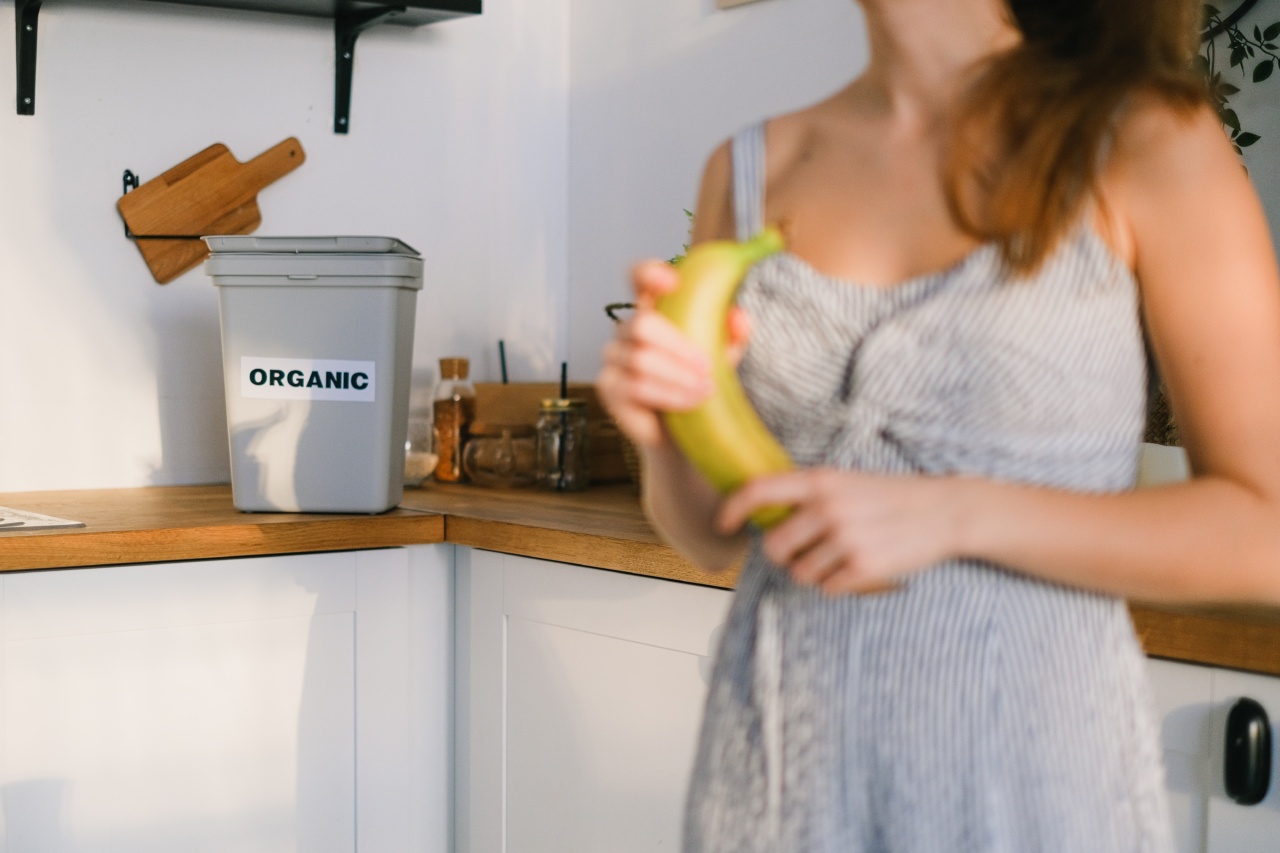When it comes to constipation, there are several fruits that people tend to avoid, such as bananas, apples, and pears.
However, banana is a particularly interesting fruit because, on the one hand, it is praised for its high fiber content, but on the other hand, it can cause constipation in some people. This article will explore the reasons why bananas can lead to constipation, and what you can do about it.
What Causes Constipation?
Constipation is a common digestive problem characterized by infrequent bowel movements, difficulty passing stool, and hard, dry stool. There are many potential causes of constipation, including:.
- Dehydration or inadequate water intake
- Lack of physical activity
- Ignoring the urge to have a bowel movement
- Changes in diet, such as a low-fiber or high-fat diet
- Medications, such as painkillers, antidepressants, and antacids
- Medical conditions, such as irritable bowel syndrome, hypothyroidism, and diabetes
How Can Bananas Cause Constipation?
One reason why bananas can cause constipation is that they are low in water content. In order to promote regular bowel movements, stool needs to have a certain level of moisture.
When you eat bananas, the fiber in them absorbs water and bulks up as it moves through your digestive system. If there isn’t enough water to go around, this can result in hard, dry stool that is difficult to pass.
Another potential reason why bananas can cause constipation is their high starch content. Bananas are one of the few fruits that are particularly rich in starch, especially when they are unripe.
Starch is a complex carbohydrate that takes longer to break down and digest than simple sugars. If your digestive system isn’t able to break down the starch in bananas effectively, this can lead to slower digestion and constipation.
Additionally, bananas are high in a type of soluble fiber called pectin. While fiber is generally good for promoting regular bowel movements, too much soluble fiber can actually have the opposite effect.
Pectin is known to slow down gut motility, meaning it can take longer for food to move through your digestive system. If you eat too many bananas or have a diet that is already high in soluble fiber, this can lead to constipation.
How Many Bananas Is Too Many?
While bananas can be a healthy part of a balanced diet, experts recommend consuming them in moderation to avoid constipation.
The amount of bananas that will cause constipation varies from person to person, depending on factors such as age, activity level, and overall health.
As a general rule, it’s recommended that adults consume no more than two bananas per day. However, if you find that even one banana causes constipation for you, it’s best to avoid them altogether.
What Are Some Alternatives to Bananas?
If you’re looking for alternative fruits that won’t cause constipation, there are plenty of options to choose from. Here are some fruits that are known for their laxative effects:.
- Prunes
- Apples
- Pears
- Kiwi
- Oranges
- Mango
- Papaya
It’s important to note that while these fruits may help promote regular bowel movements, it’s still important to consume them in moderation and as part of a balanced diet.
How Can You Prevent Constipation?
If you’re experiencing constipation, there are several things you can do to help alleviate symptoms and prevent it from happening in the future. Here are some tips:.
- Drink plenty of water
- Stay active and exercise regularly
- Eat a diet rich in fiber, including fruits, vegetables, and whole grains
- Avoid processed foods and foods that are high in fat
- Avoid holding in bowel movements and try to have a regular bowel routine
- Consider taking a probiotic supplement to promote gut health
- Consult with your healthcare provider if you have chronic constipation or if constipation is interfering with your daily life
The Bottom Line
While bananas are generally regarded as a healthy food, they can cause constipation in some people due to their low water content, high starch content, and high soluble fiber content.
If you’re experiencing constipation after eating bananas, it may be best to limit your intake or avoid them altogether. Instead, try incorporating other fruits into your diet that have laxative effects. And, as always, make sure to stay hydrated and eat a balanced diet to promote regular bowel movements.






























